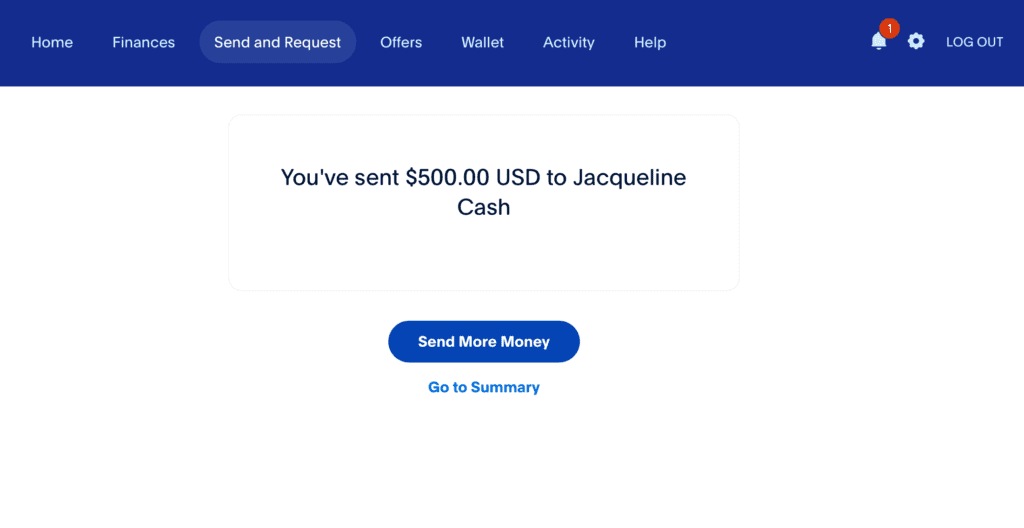HARWINTON, CT – No doubt about it, I got scammed. Ripped off. Snookered. Taken to the tune of $500. That was the sum subtracted from my checking account soon after I hit “send.”
I only have myself to blame for reacting to a come-on in my Facebook feed last month. It offered a 2012 Honda Accord with low mileage and in good condition for $2,000. Normally, the phrase “if it sounds too good to be true…” would have flashed in my head and deterred me from responding.
What decent used car can be had for $2,000 these days, right?
Need Topped Common Sense
Except that I desired a vehicle for wintertime trips to the grocery store having sold my unsafe even standing still old Ford Ranger pickup a while back and my mechanic had told me the best bets were models made by Honda and Toyota. (Stay away from Jeep and Mini Cooper models, he also warned.)
I did sleep on the deal but when the friend I was visiting in Florida kept asking if I’d bought the Accord yet and urged me to do so, I acted – even though my gut had doubts about the offering.

The deciding factor was that the person supposedly selling the Honda was someone I casually knew, so I sent a $500 deposit via PayPal. I was on vacation at the time and the “seller” promised that if I inspected the Honda upon my return home and didn’t want it, well, a full refund would be made.
There were other warning signs besides the low price. For one, the “seller” wanted the money sent to a cousin’s PayPal account. This was certainly another tipoff of fishy business but by then I was eager to get the car. Secondly, attempts to video chat with the seller never connected.

Even more telling after the transaction was the fact the “seller” steadfastly refused to answer questions that would confirm that the person was actually the person I knew. Via Messenger, I asked, “Where did you first become aware of me?” and “Where did we last see each other?”
The real person would have had no trouble answering. Instead of answers, I got crickets.
More Signs Something Was Wrong
The situation became even odder when the “seller” began asking where the $500 was – even though my checking account showed the money had been withdrawn and PayPal showed the transaction being completed.
Being a reporter, I did an internet search to find a way to reach the person whose name was shown on the ad – Kathleen Gilbert. Failing to find contact info, I checked her list of Facebook friends and spotted two that were mutual. The second person I contacted told me that she’d just spoken with Kathleen and that she was in an uproar because someone had hacked/cloned her Facebook page.
I checked and there were indeed two Kathleen Gilbert pages with the same face but with different pictures. Was one for the real person and the other for the scammer? Or was one a new page for the real person after an earlier page got copied. I have no idea.


—
It was long before that, though, that I’d already silently kissed the $500 goodbye and berated myself for getting taken. How could I have been such a rube? After demanding a refund from the seller and hearing nothing in return, I filed a complaint with PayPal asserting that I’d been victimized by a scammer. I crossed my fingers.
A Positive Resolution
The process took a couple of weeks, but yesterday I received an email from PayPal saying my complaint had been adjudicated and resolved in my favor. I had indeed been victimized. PayPal said it would restore $500 to my checking account. By this morning, a “pending deposit” notice had appeared when I checked the account online and a few hours later the deposit cleared.
Kudos to PayPal, but, frankly, I never should have taken the bait. I should have investigated before sending the money. I should have listened to my internal BS detector. Repeat after me, “If a deal seems too good to be true…” You know the rest.
 RIDE-CT – Classic Cars Celebrating Classic Cars in Connecticut
RIDE-CT – Classic Cars Celebrating Classic Cars in Connecticut


